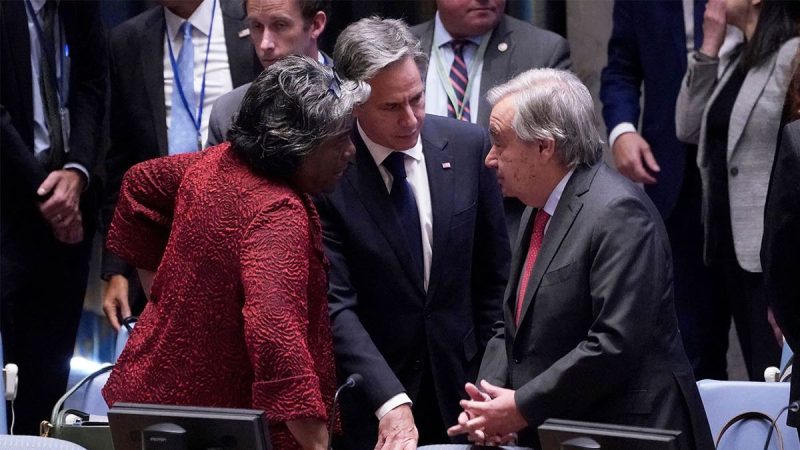The United Nations (UN) recently encountered a significant diplomatic setback with the United States (US) and Russia engaged in a heated dispute over a draft resolution concerning the recent war between Israel and Hamas. The US backed out of the proposed resolution after Russia submitted multiple amendments to the draft that included striking out a passage referencing Iran and its ties to the Gaza-based militant group Hamas.
The details of the resolution, which had originally been proposed by the US and aimed to deter further warfare, specified in part that the UN “condemns all rocket attacks by Hamas and other militants from Gaza into Israel and the direct or indirect support provided by Iran.”
Russia, however, argued that the language was unnecessary and should be removed as the UN had already recently noted the Iranian-Hamas connection when it unanimously condemned the rocket attacks against Israel.
Furthermore, due to the US’ vocal opposition to Iran, some observers have posited that Russia’s inclusion of a strikeout against the US would weaken the resolution’s overall efficacy by creating a schism between the two countries and thus defeating the purpose of the resolution.
In response to the US’s removal of all reference to Iran and its relation to Hamas, Secretary of State Antony Blinken issued a statement saying that although the US was “disappointed” in Russia’s amendments, the US was still “committed to the Security Council acting to reaffirm its longstanding position on Gaza and to call for an end to the violence”. He added that the US was determined to “support a path to peace” for the region.
Overall, the US State Department, as well as the Security Council, hopes that a resolution can still be reached that will create a viable path to sustainable peace in the region, despite the recent disagreement.
The current rift between the two countries is an indicator of the difficulty in finding consensus when it comes to the matter of Israel and Hamas, and it remains to be seen how the US and Russia will be able to resolve their differences in order to pass the resolution.

